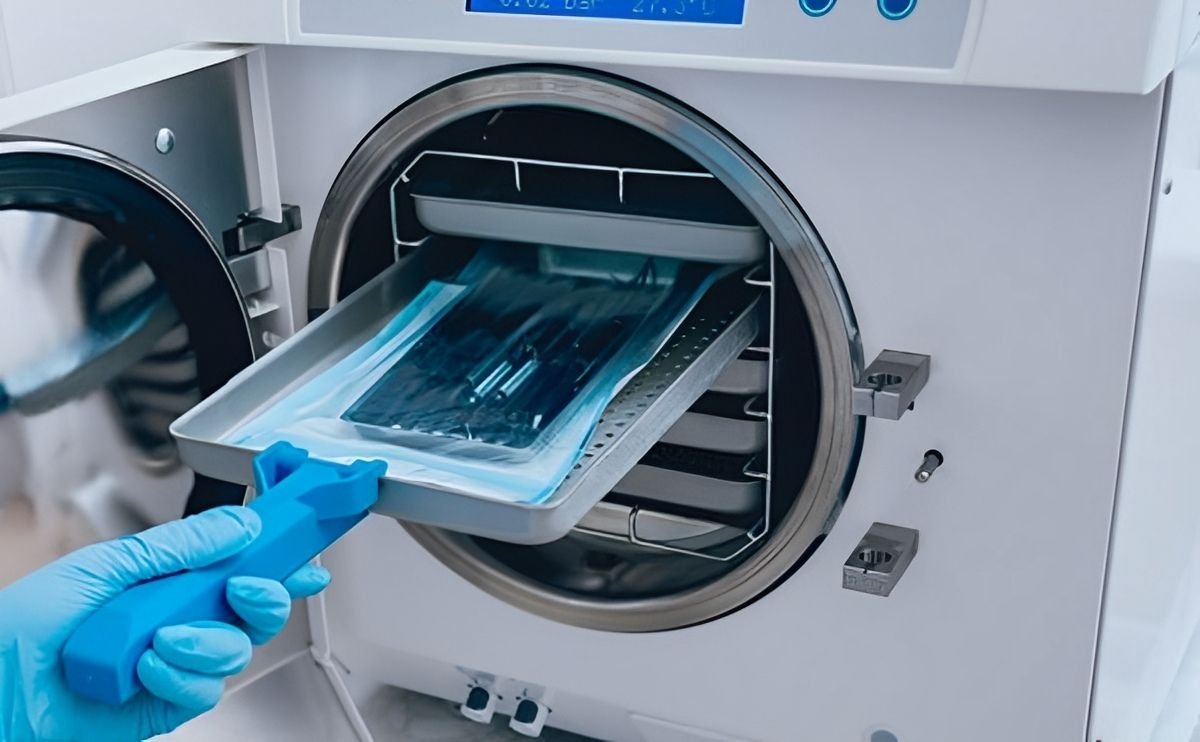How Improper Sterilization Affects the Lifespan of Dental Instruments

Dental tools are at the heart of every treatment. Whether you're using scalers, handpieces, or explorers, you rely on them to work well, day after day. But did you know that how you clean and sterilize those tools can seriously impact how long they last?
Let’s break it down in simple terms, so you can avoid common mistakes that cost you money and put patients at risk.
Can I reuse instruments over and over without damage?
Yes — but only if they’re handled properly. Most high-quality instruments are built to last hundreds of sterilization cycles. For example, a dental turbine or contra-angle handpiece can typically go through up to 500 autoclave cycles before showing signs of wear — but that number drops fast if they’re not cleaned and dried properly beforehand.
What happens if I sterilize instruments without cleaning them first?
Big mistake. Any leftover blood, saliva, or debris can act like a shield, preventing the autoclave from fully disinfecting the surface. On top of that, heat plus organic residue equals corrosion, and once that starts, there’s no going back. Over time, this leads to stiff joints, rust spots, and early breakage.
Are some cleaning habits actually harmful?
Definitely. Here are a few common ones to avoid:
Soaking instruments too long in disinfectant or water
Using abrasive sponges or brushes
Skipping lubrication for handpieces
Not drying tools completely before sterilization
These mistakes can ruin the finish, dull the edges, and cause internal parts to seize up.
When should I replace my instruments?
If a scaler tip loses 20% of its thickness, it becomes less effective and more likely to damage tissue. Most manual tools have a useful lifespan of 6 to 18 months, depending on usage and maintenance. Keep an eye on wear, and don’t push instruments past their limit — it’s not worth the risk.
How important is it to monitor the sterilization process?
Very. Use chemical indicators (inside and outside the pouch) and biological spore tests regularly to make sure your autoclave is doing its job. A malfunctioning machine can go unnoticed for weeks — meanwhile, your tools might be getting "cooked" but not truly sterilized.
Quick Tips for Extending Instrument Life.
- Always clean tools thoroughly before autoclaving
- Lubricate handpieces after every use (before sterilization)
- Avoid harsh chemicals and long soaks
- Dry everything before placing in the autoclave Rotate your instrument sets to reduce wear
- Use proper packaging (pouches or cassettes) to avoid scratches and contamination
Dental instruments aren’t cheap — and they’re vital to your work. A little extra care before and after sterilization goes a long way. By following best practices, you can extend the life of your tools, reduce replacements, and ensure safer, more reliable treatments for your patients.










